1869 Chicago, Technology. Ives McGaffey patented the Whirlwind sweeping machine, a vacuum cleaner of sorts. It was bulky device with a belt driven fan cranked by hand to create suction, making it difficult to use with only two hands, and it soon disappeared.
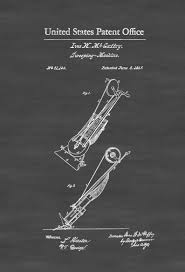
1887 Herman Hollerith patented a punch card calculator while working at the Census Bureau. He had devised it while completing a PhD in engineering at Columbia University. His devices were used well into the Twentieth Century around the world. Indeed I learned FORTRAN programming in graduate school using punch cards. Woe betide a mix-up of card sequence. Through mergers and buy-outs in time his company was ingested into IBM.
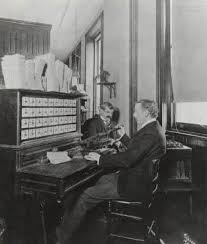
1940 Bangkok. A military coup changed Siam’s name to Thailand to signal a break with the past of absolute monarchy. The name Thai-land means land of the free. It also has ethnic connotations that excluded those of Chinese origins, while including some peoples from neighbouring Laos and Vietnam in a Greater Thailand. These latter ambitions made it an ally of Japan for a time.
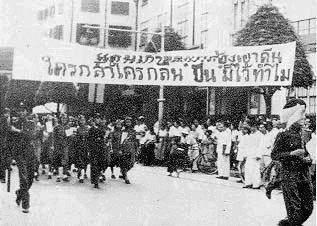
1951 Alice Springs. The School of the Air began to broadcast via shortwave radio lessons to children in remote locations over one million square kilometres or more. Adelaide Miethke had proposed it in 1944 but it was impossible to do during World War II. Tests began in 1950 and it was formally inaugurated the following year. It continues now in Queensland, West Australia, and the Northern Territory using the internet. Miethke was a long time champion of schools and teachers in South Australia per the Australian Dictionary of Biography.
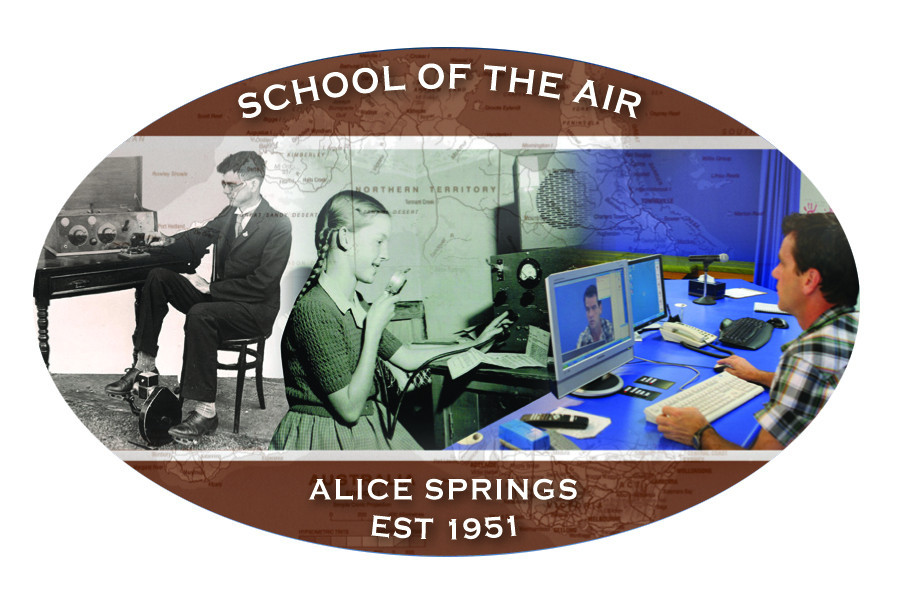
1987 Wellington. New Zealand government legislated against nuclear weapons and nuclear powered ships, effectively taking itself out of alliance with the United States.
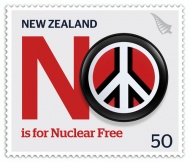
Skip to content
